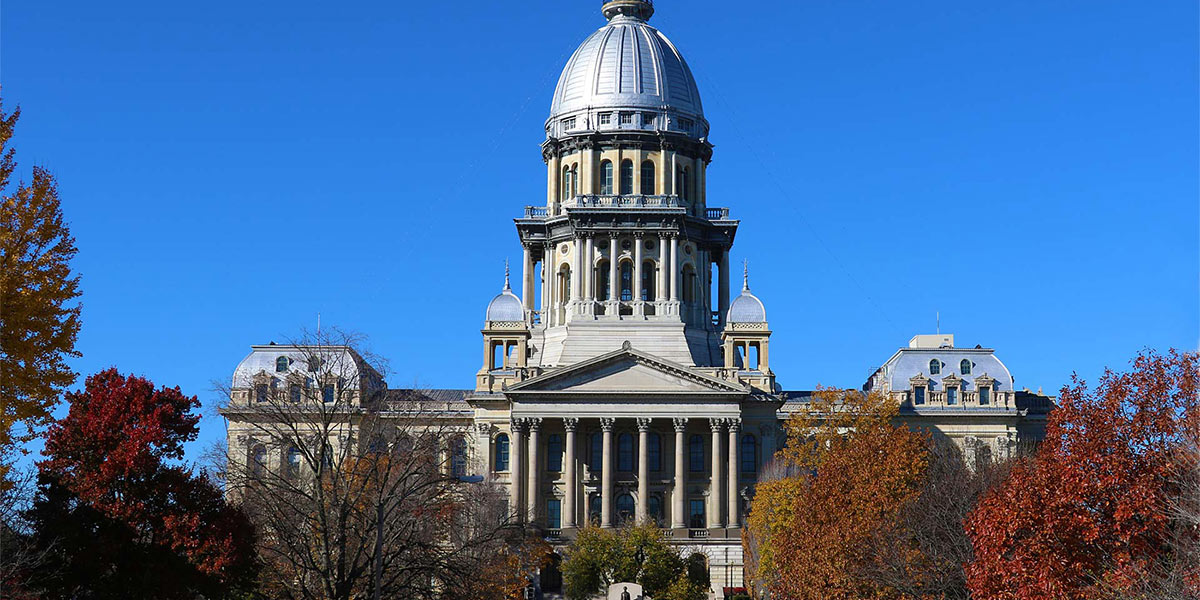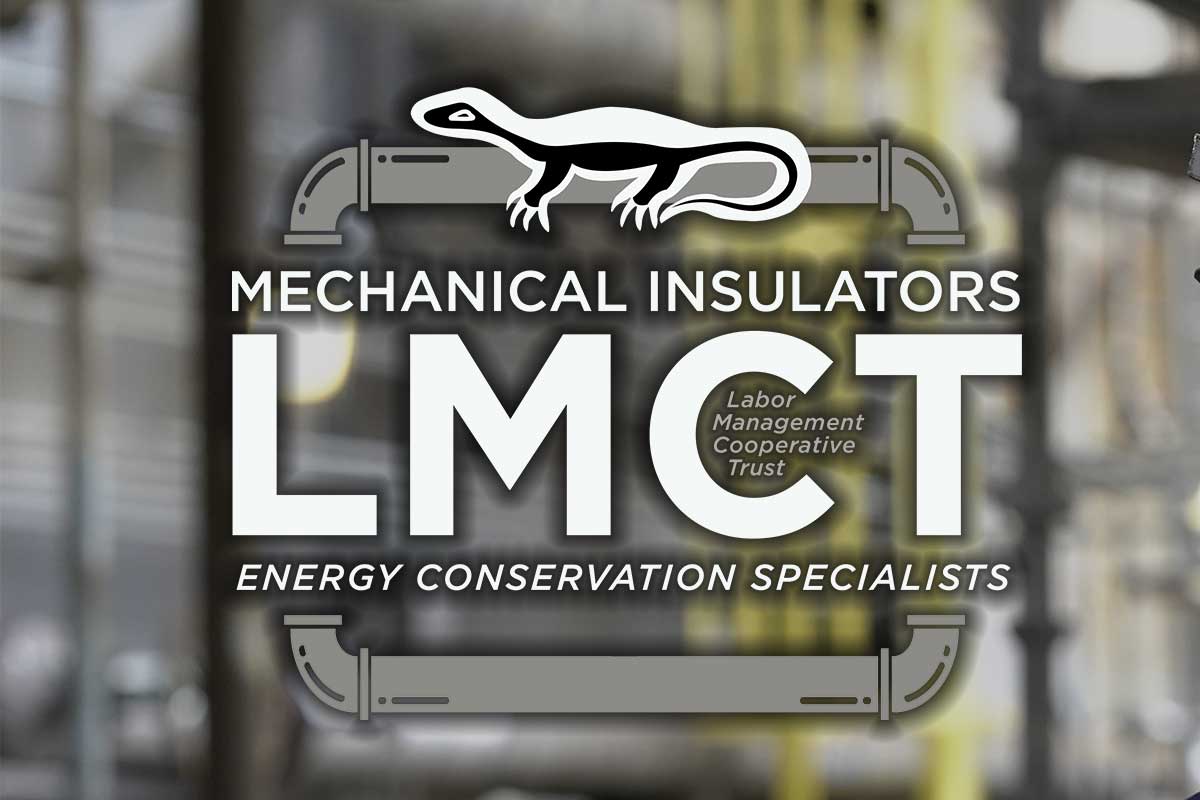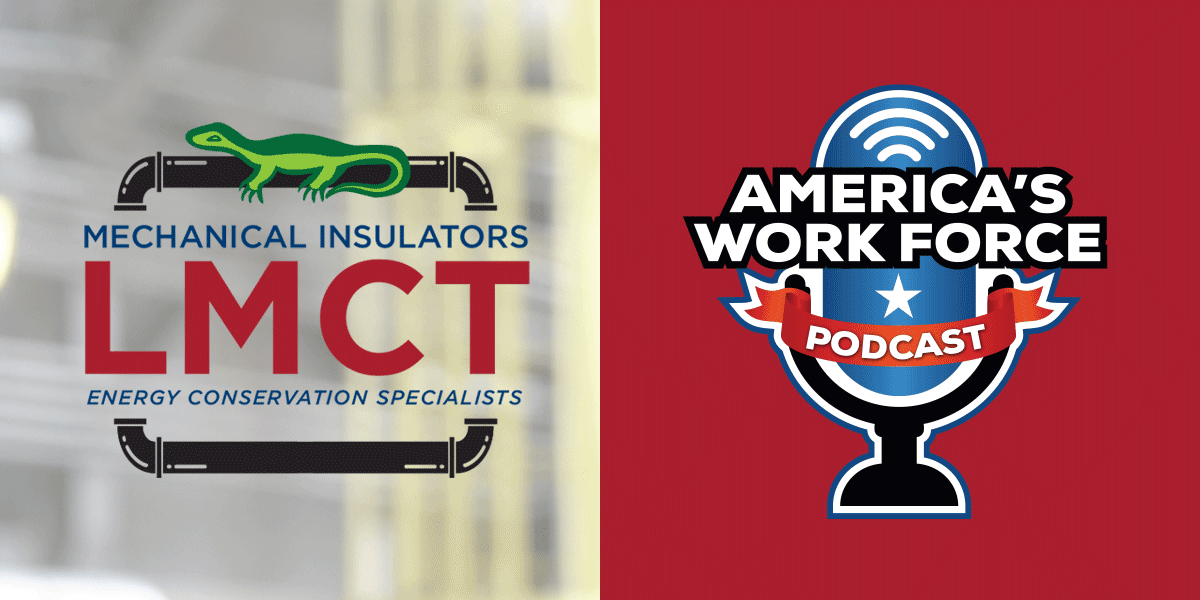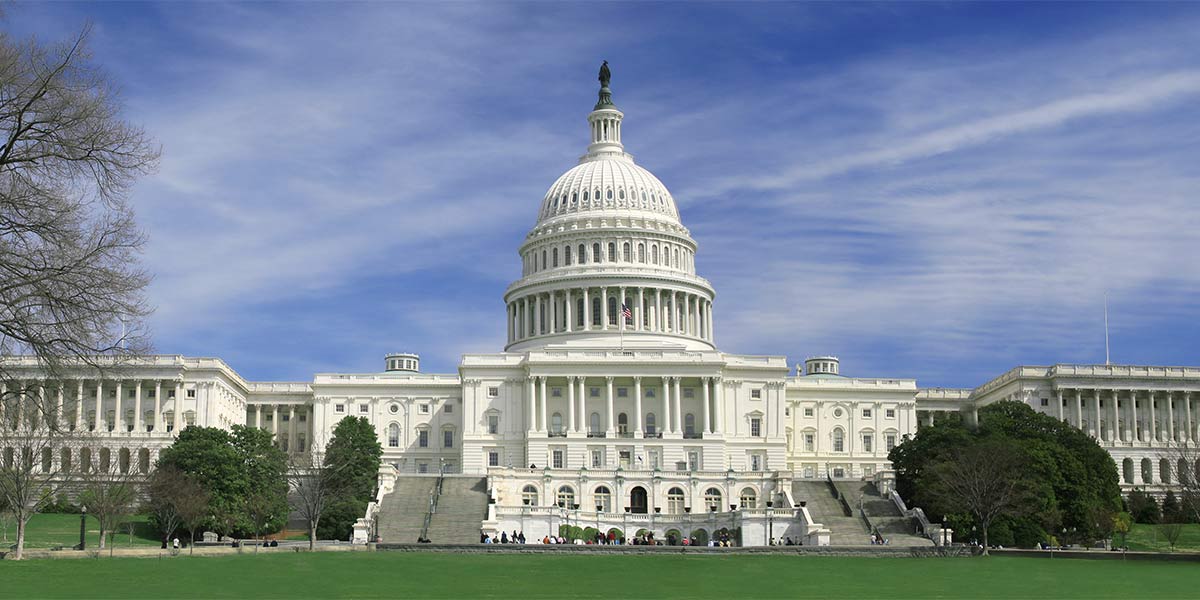
Mechanical Insulation Energy Audit legislation has been introduced to both chambers of the Illinois state legislature
Senate Bill 2049, the Mechanical Insulation Energy Audit Act, was recently introduced in the Illinois State Senate by Sen. Ram Villivalam (D-Chicago), a member of the Senate Labor and Senate Energy committee.
A companion bill, House Bill 2485, was also introduced into the Illinois House by Assistant Majority Leader Jay Hoffman (D-Swansea), who sits on the Labor and Commerce committee and Renewable Initiatives subcommittee.
According to Mechanical Insulators Labor Management Cooperative Trust (LMCT) Deputy Director Gina Walsh the Mechanical Insulation Energy Audit Act will move the State of Illinois forward as a leader in creating a carbon-free environment for its residents.
She said the legislation will help identify if a building’s mechanical systems are properly insulated and offer solutions to bring the Mechanical Insulation up to code.
“S.B. 2049 and H.B. 2485, the Mechanical Insulation Energy Audit Act, when passed, will help the State of Illinois further achieve its goal of a carbon-free future,” Walsh added.
The bills require the Environmental Protection Agency to perform a Mechanical Insulation Energy Audit of every public building within the State within 10 years after the effective date of the legislation.
They mandates each Mechanical Insulation Energy Audit finding to identify remediation measures necessary to bring the mechanical insulation system into compliance with the latest published edition of the International Code Council's International Energy Conservation Code. This will ensure the building's mechanical systems function at operating temperatures that minimize energy loss and ensure public health and safety.
The Act also requires that audit findings must be made available to the public.
Furthermore, by December 31, 2025, and by December 31 of each year thereafter, the EPA must deliver an annual report outlining the mechanical insulation energy audits that it completed in the previous calendar year to the General Assembly.
The legislation will expire on December 31, 2034.
S.B. 2049 and H.B. 2485 are important bills for the State of Illinois, as most energy audits of buildings rarely include Mechanical Insulation when looking at the building’s overall energy efficiency.
By requiring those who perform energy audits to evaluate the mechanical insulation, elected leaders, along with taxpayers, will find out if money is being wasted.
Studies have showed that Mechanical Insulation, which is properly installed to specifications by a highly trained and highly skilled Mechanical Insulators workforce, will lower a mechanical system’s operating expenses, reduce energy loss and decrease carbon emissions.
By lowering a system’s operating expenses, which in turn will also save on energy costs to either heat or cool a structure, will result in a financial savings. The proper installation and maintenance of Mechanical Insulation can have a return on investment of anywhere from 5 months to five years, depending on the exact situation. Once the savings have paid for the work, then the remaining money saved in future years will be a profit.
Few, if any, other types of construction projects can make such a quick and lasting positive financial impact.
The LMCT encourages Illinois legislators to pass both bills and for the governor to sign it. Additionally, the LMCT also recommends that other states pass similar legislation to require Mechanical Insulation Energy Audits and help save taxpayer money.
Legislatures or government officials who are interested in learning more about the benefits of Mechanical Insulation can reach out to the LMCT for more information.



Comments